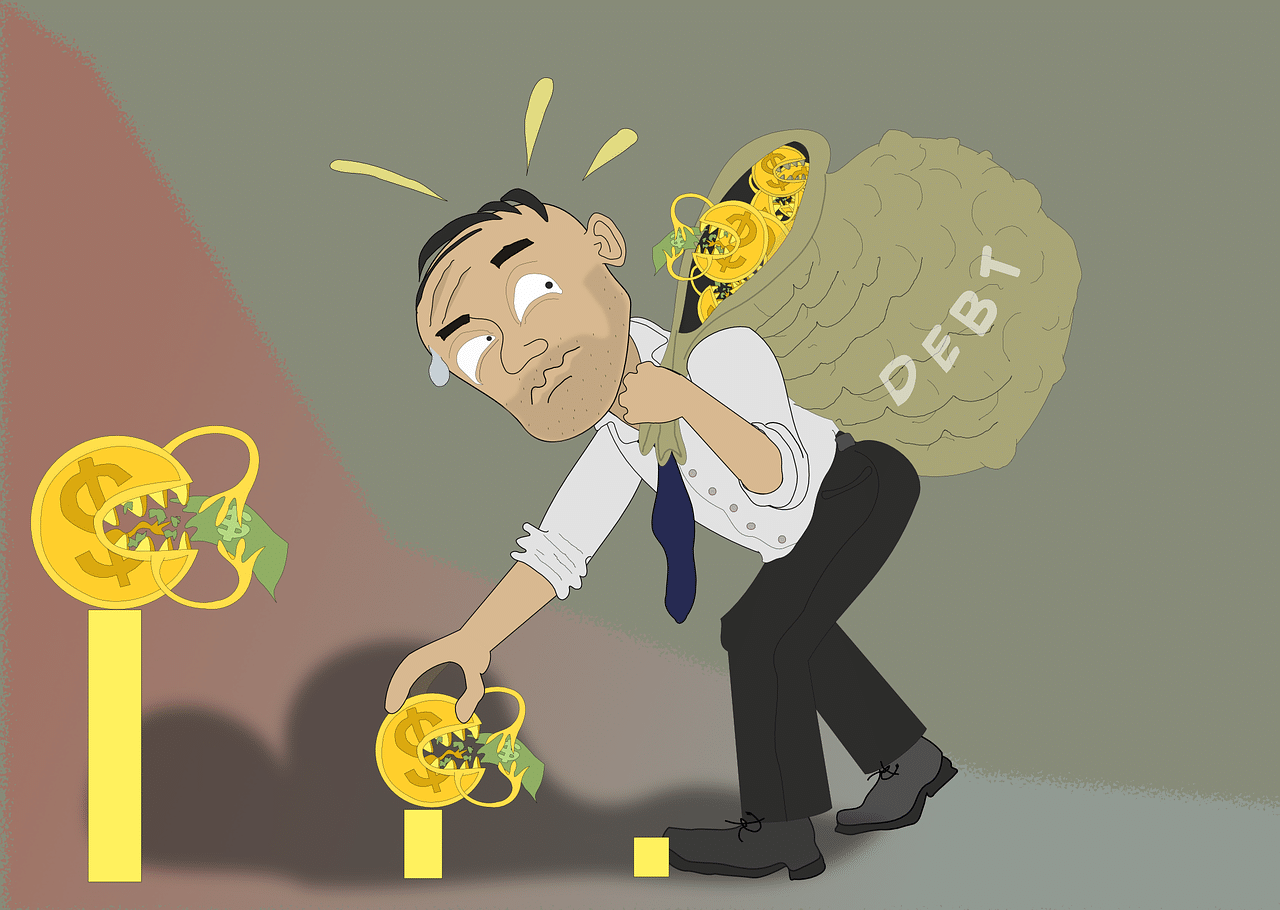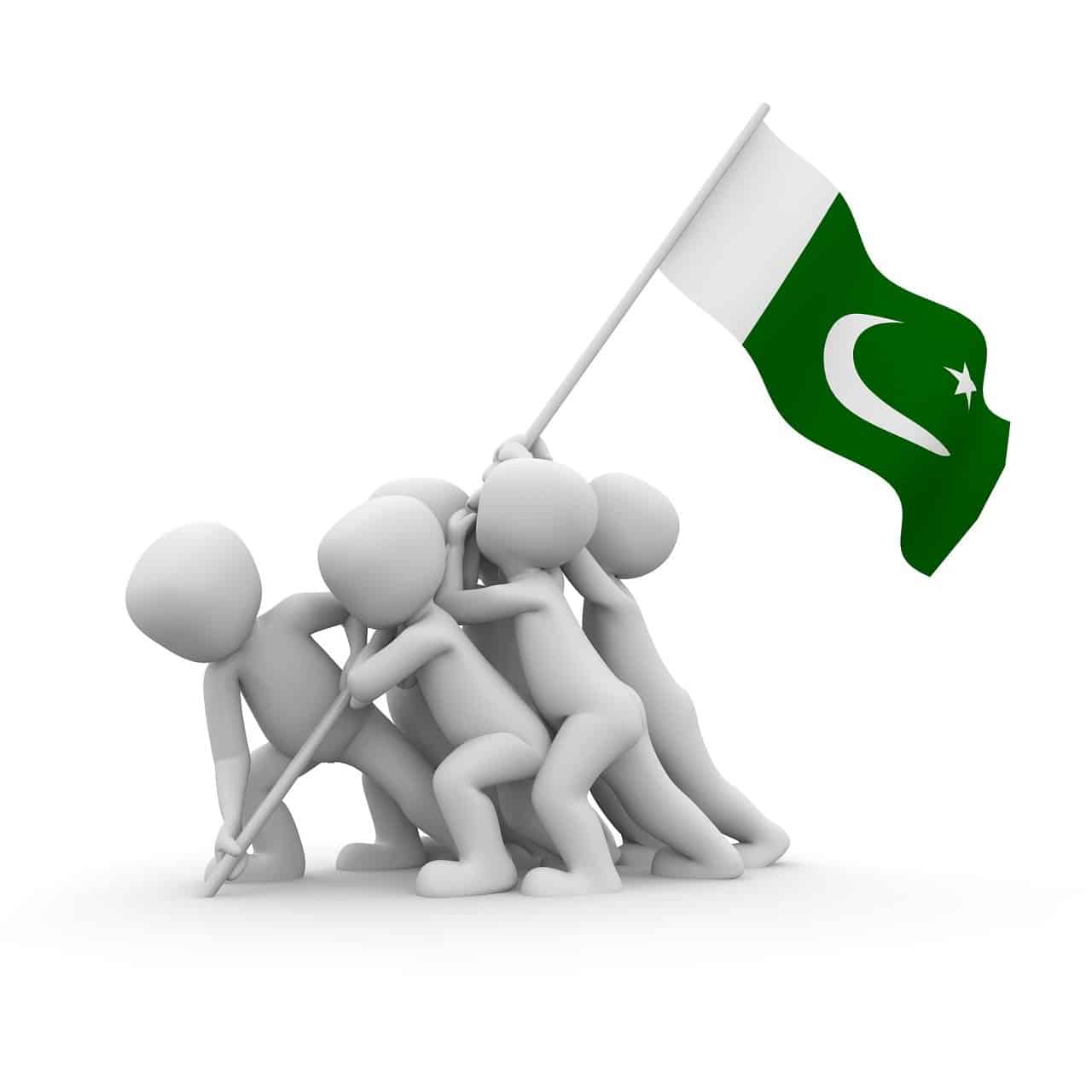A country defaults when its debt obligations to creditors cannot be fulfilled on time; that means they can no longer pay back principal or interest on loans as scheduled. There are various methods by which a country may default.
How Can I Avoid Default? Failing to Make Scheduled Payments:
Failure of a country to make scheduled payments on its debt can put it in default, often when foreign currency reserves do not cover obligations, or when revenue sources cannot cover debt obligations. When this occurs, debt becomes in arrears.
Debt restructuring: Its A country may negotiate with its creditors to restructure its debt, changing the terms such as extending maturity or decreasing the interest rate. Typically when facing severe economic crises and in order to prevent default on its obligations.
Haircut: A haircut refers to any reduction in the face value of a country’s debts, in which creditors accept to accept lower payments than what is owed them as part of a debt restructuring agreement. Haircuts can usually be found as part of debt restructuring negotiations.
Currency Devaluation:
Countries can also default by devaluing their currencies relative to other nations’, making debt denominated in foreign currencies more costly to repay.
Refusing to Pay:
On rare occasions, countries may refuse to meet their debt obligations. Which can have serious economic repercussions, including loss of access to international markets and significant decrease in value of currency.
When a country defaults, it can have serious economic repercussions both for themselves and their creditors. Countries who default may find it more difficult to borrow money in future and their credit ratings could even be downgraded. Making borrowing money even more costly; additionally this may cause economic instability and social unrest within that nation.
Steps Pakistan Should Take to Prevent Default
Pakistan has taken steps to avoid default on its debt obligations and address its economic challenges. Here are some measures taken by its government:
Launching an IMF Program:
Pakistan secured an IMF program worth $6 billion to stabilize its economy and address its balance of payments crisis in 2019. As part of this agreement, Pakistan agreed to implement several structural reforms designed to strengthen its economic fundamentals. Including increasing tax revenue while decreasing government spending.
Negotiating debt restructuring:
Pakistan has been engaging in negotiations with its creditors to restructure its debt, with Chinese creditors agreeing in November 2021 to postpone payments of $2 billion owed for one year – providing more time for reform implementation.
Increase foreign exchange reserves:
Pakistan has made efforts to increase its foreign exchange reserves to meet its financing needs, with assistance from international institutions like the World Bank, IMF and Asian Development Bank as well as from friendly countries such as Saudi Arabia and China.
Implementation of structural reforms:
Pakistan has implemented structural reforms to strengthen its economic fundamentals. The government has undertaken steps to increase tax revenue, decrease government spending and enhance business conditions to attract foreign investments.
Promoting exports: Pakistan has actively been encouraging exports as an approach to increase foreign exchange earnings. The government has introduced various incentives for exporters, such as tax exemptions and subsidies, in order to stimulate this sector of trade.
Strengthening the Central Bank:
Pakistan has taken steps to strengthen the State Bank of Pakistan, the country’s central bank. They have introduced measures designed to enhance governance and financial independence within the institution in order to achieve macroeconomic stability.
Pakistan has taken steps to address its economic woes and avoid default on its debt obligations, but progress has been slow. Although these measures will ultimately depend on government initiatives to implement structural reforms and preserve macroeconomic stability.






Very informative and well explained.
thanks